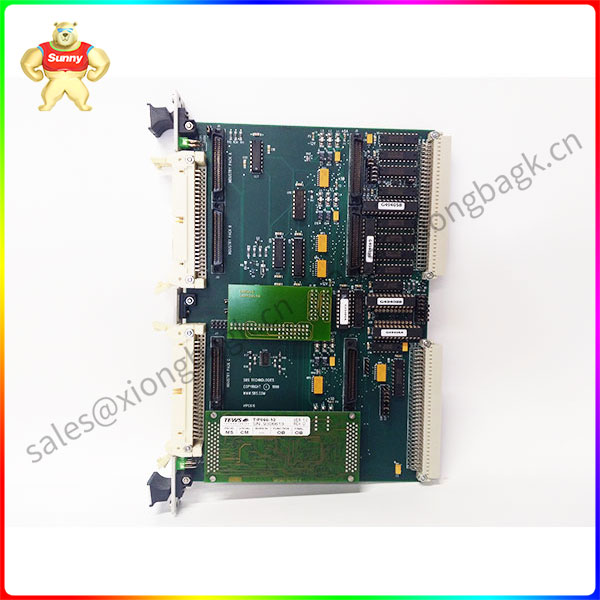Digital twin, industrial artificial intelligence, SiGREEN and other cutting-edge technologies are applied to promote sustainable development from three dimensions: energy efficiency improvement, waste management and product green design
On the basis of a 92% increase in production, energy consumption per unit product is reduced by 24% and waste per unit product is reduced by 48%
Siemens is one of only 17 “sustainable lighthouse factories” in the world, following the Amberg plant in Germany
The World Economic Forum (WEF) today officially released the 11th batch of global lighthouse factories list, Siemens Industrial Automation products production and research and development base (Siemens Chengdu Digital factory) successfully awarded the “Sustainable lighthouse factory”. With the establishment of a comprehensive digital energy system, the application of cutting-edge technologies such as artificial intelligence, and the adoption of advanced product green design concepts, Siemens Chengdu Digital Factory has achieved a “win-win” between economic and environmental benefits, becoming one of the 17 “sustainable lighthouse factories” in the world.
“We are very proud that Chengdu Digital Factory has won the title of ‘Sustainable Lighthouse Factory’. Since 2019, the Chengdu plant has reduced energy consumption per unit of product by 24% and waste per unit of product by 48%, while increasing production by 92%, proving that sustainability and innovation go hand in hand.” Cedrik Neike, member of the Board of Management of Siemens AG and CEO of Siemens Digital Industries, said: “This award, following last year’s designation of the Amberg plant as a ‘Beacon of Sustainability’, demonstrates our continued commitment to sustainability and our commitment to a greener future for manufacturing.”
“As a ‘zero-carbon pioneer’ that combines knowledge and action, Siemens has always used its factory as a practice field and incubator for green technology. Being named ‘Sustainable Lighthouse Factory’ is a recognition of our efforts to drive 
The Siemens Chengdu Digital Factory is the first digital factory built by Siemens in China and an example of the Siemens green factory. By deploying SiGREEN, Siemens’ trusted actuarial and traceability solution for carbon footprints, factories are able to make their products and organizations’ carbon footprints transparent, providing precise data and technical support for carbon reduction decisions. In plant operations, the plant implements a comprehensive digital energy management system to achieve predictive maintenance covering the entire manufacturing process, improving energy efficiency while avoiding additional consumption caused by unplanned downtime. In terms of waste treatment, the factory uses artificial intelligence identification and AGV automated logistics equipment to improve the automatic efficiency of waste classification and recycling, and effectively avoid waste.
In the production process, Siemens Chengdu Digital factory adheres to the concept of green design of industrial products, applies digital twins to the product design and commissioning process, and uses sustainable materials and packaging to achieve zero waste manufacturing. Through resource efficiency projects such as optimizing printed circuit board design to reduce scraps and reusing ESD vinyl boxes instead of logistics packaging, the plant reduced approximately 3,000 tons of CO2 emissions in FY2022.
The Global Lighthouse Network is an initiative jointly launched by the WEF and McKinsey & Company to represent the advanced level of intelligent manufacturing and digitalization in today’s global manufacturing industry, and the Siemens Chengdu Digital Factory is one of the first certified “lighthouse factories” in 2018. In 2021, WEF launched the “Sustainable Lighthouse Factory” award, which aims to recognize green role models in “lighthouse factories” that promote ecological sustainability with advanced technology.
 中文版
中文版




